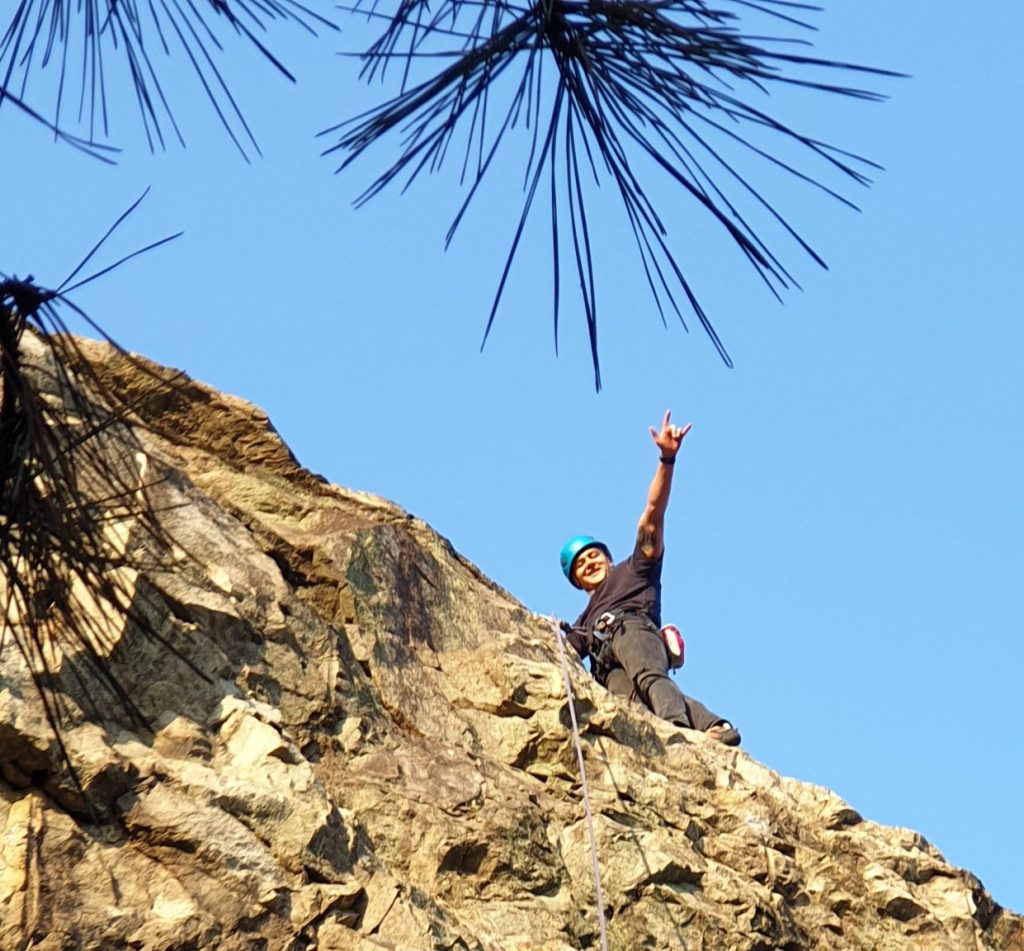The dilemma of the secret spot.
Just you and your best friends. Mix in a chalkless crag primed for first ascents, or a secluded beach with nothing but sand and waves, or miles of untouched trails, and you have perfection.
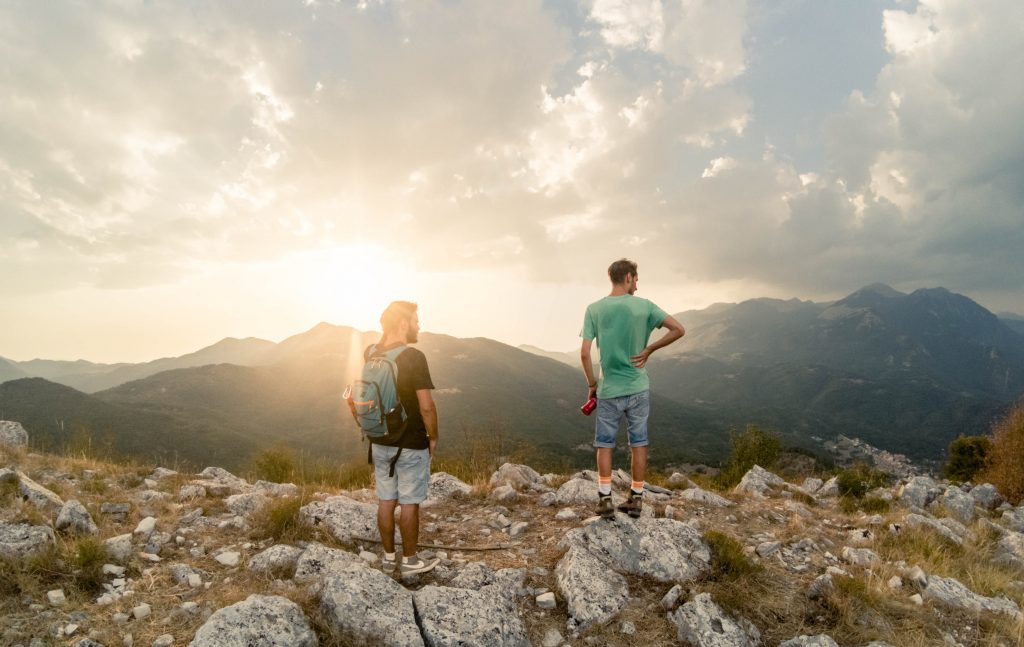
No annoying dog barking at nothing and everything. No angry, obnoxious music about how tough someone is and how much money they have. No one littering or leaving their cigarette butts on the ground. No one else ruining perfection.
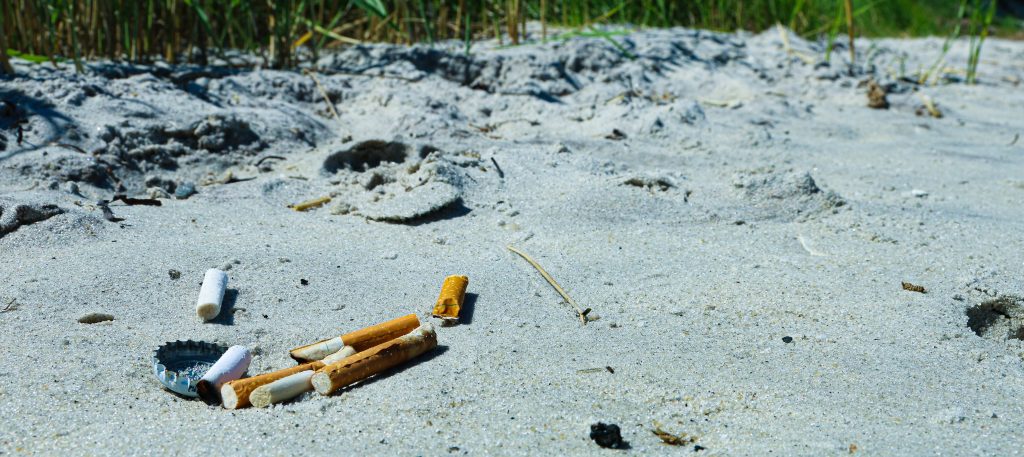
Being the adventurous tribe of people that they are, veteran climbers, surfers, mountain bikers, and other Earth-letes commonly seek out the secret spot. It’s a spot where they can go to get away from everything and everyone else. It’s a spot where they don’t have to wait for routes, share waves, or slow down for the person in front of them. It’s a special spot on this great big Earth where they can feel at home. The problem is sometimes the secret spot is so special that they want to tell everyone else. It’s like a juicy bit of gossip that you know you should keep to yourself, but you’re just dying to tell someone.
I’ve seen friendships fizzle because of these secrets. One person wants to share it with the rest of the community, and the other wants to keep it hush hush. One person feels like the other is being a selfish territorial elitist by not telling anyone, and the other believes that most people can’t be trusted to respect the spot. Each side has valid reasons, but when one considers everything involved with a secret, it might give you more incentive to keep things confidential.
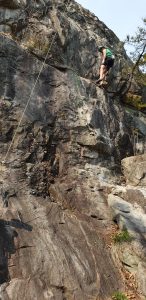
Many don’t know how much time and effort goes into finding and developing a secret spot. The process of finding a new sport climbing area, in particular, is like a part-time job that you pay to do. Firstly, you can travel hundreds of kilometers searching for an area. Most of the time you’re working on a hunch – I’ve risked weekends hiking through thick brush because I thought I saw a cliff from the highway. Usually, once you get to the crag it’s a choss pile with rock that crumbles to the touch. However, if you get super lucky and the rock is solid, then the next step is to clean the crag. This normally involves multiple days of hanging in your harness, brushing moss off the holds, and prying off dangerous loose blocks with a crowbar. Once the route is safe and clean enough to climb, out come the drill and bolts. Finally, after hours of sweat and toil, the route is ready to be climbed, and you hope it’s not so hard that you can’t climb it or so easy that you send it first try.
The process is similar for other Earth-letics, too. In surfing, there’s a lot of luck involved with timing the weather. Having a degree in meteorology kind of helps, but you never know until boots hit the ground, and you make the long journey to the spot. Often on these recon missions, you end up just watching the ocean; but at least you’re watching at the ocean. In mountain biking, there’s so much shovelling and building. Builders are often creating hundreds of meters of trails. It’s basically road construction with hand tools.
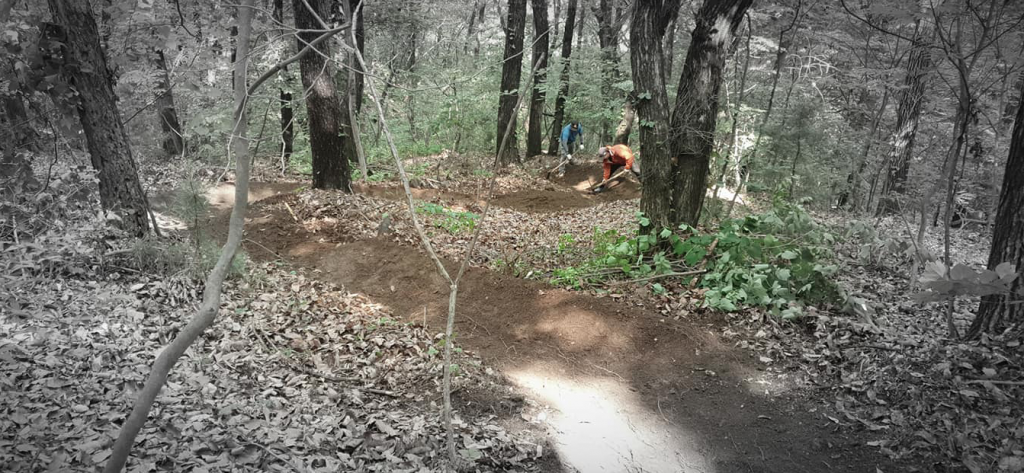
With all the effort that goes into finding and developing a secret spot, one would wonder: “Why do it all?” Depending on who you talk to, the answers vary. Some believe the more effort that you put into something, the more you will love it. Others love being first: climbing the first ascent, carving the first turns down a snowy slope, catching the first wave at sunrise, or being the first to huck the big jump. There’s an intrinsic excitement to being first.

Then there are others like myself who love the intimacy of finding and developing a secret spot. It’s like building a relationship: a chance meeting, a few dates, a lot of effort, and then you climb all over each other (never forget the physical part of a relationship). From the intimacy, there comes a special sense of belonging and privilege, as if the secret spot was made just for you.
All over the world there are spaces that you have to share, accommodate, and compromise with others; and one should share, accommodate, and compromise. It’s how a society becomes decent and cooperative, and how things get done. But there are people who don’t understand how to share, accommodate, and compromise no matter how much you ask, and from those people, I like to get away every now and then.
I understand the guilty pleasure of telling secrets. Sharing secrets is a great way to create intimacy with someone; especially someone you want to impress. In her book, The Serious Business of Small Talk, Carol Fleming points out that sharing secrets “bestows a sense of kindred spirits.” Telling another climber, mountain biker, or surfer about an unknown, amazing area that you know is a way to legitimize your place in the community.
Furthermore, revealing a secret spot may be unintentional. Highly extroverted and talkative folks may accidentally let the secret slip out. In a moment of awkward silence, between two strangers sitting around a campfire and who only have their surfing, biking, or climbing in common, one might say, “Hey, have you heard about this cool new spot in …?” Secrets just don’t usually stay hidden for very long. As the playwright Jean Raacine so simply put, “There are no secrets that time does not reveal.”
Despite the best efforts of even the most fastidious secret-keeper, if the secret spot is good enough, it will most likely be found by another adventurous Earth-lete. That is the nature of the beast: to roam and seek out the best spots on Earth. But, until time does catch up to the secret, enjoy that secret as much as possible. Be grateful for the hidden gems that the Earth reveals to you, be respectful of the place, and when the others do come, try to welcome them with open arms, and lead by example. Then, maybe they’ll stay there long enough for you to find the next secret spot.
